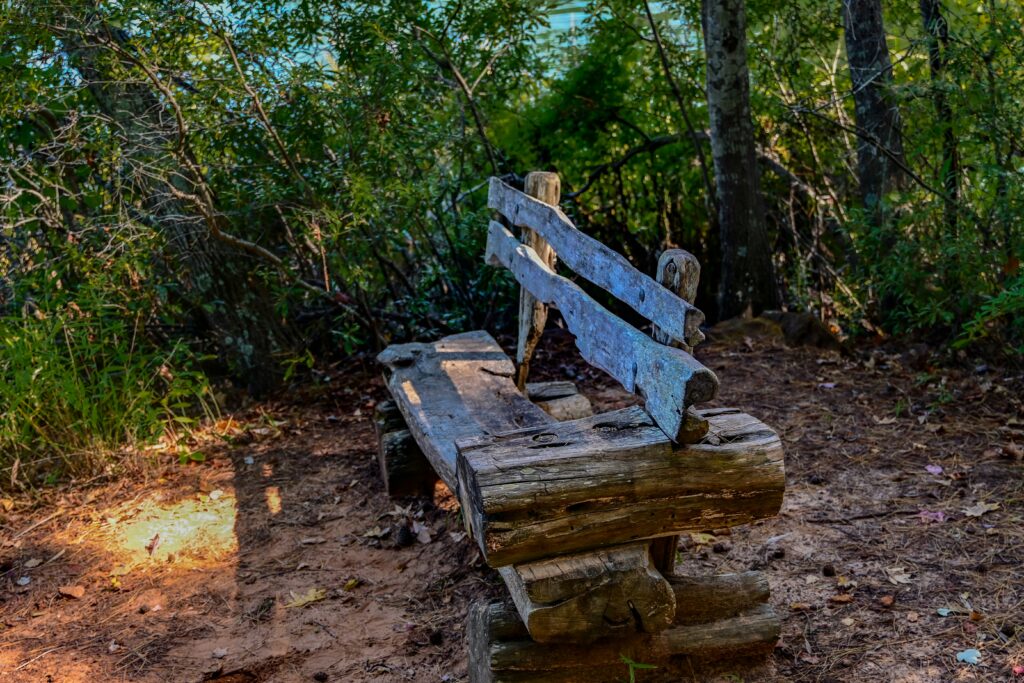I objected to it. I railed against it. I didn’t want to do it.
It seemed wasteful. Lazy. Uninspired. Counterproductive.
Take a rest day. Who does that?
Turns out, a lot of (smart) folks do. I’ve joined the bandwagon.
Happily.
The rest of the day is not a foreign concept to me. It’s always been part of the rhythm of high-altitude mountaineering. There, long ago, I learned to relish those much-needed breaks in the action.
Carry a load up high and return to camp. Move the camp up. Take a rest.
Every three or four days, a rest. Read, write, sleep, talk. Be.
In mountaineering, I could understand the rationale: the altitude. Physiologically, the body can only move up a mountain at a specified rate. Stopping, and resting are necessary in order to acclimatize. Stopping has some utility!
But when we started our training for the ultramarathon, the rest days seemed wasteful. And counter-intuitive. How would we be able to push up the mileage significantly if every two or three days we weren’t moving?
Turns out the rest is an integral part of the training.
It’s when the frame recovers. And the muscles heal. And the emotions regroup. We mend.
It’s where the quantum leaps occur.
I’ve been thinking a lot about this as we head into summer. Those of us “A” types have such a propensity to drive ahead come hell or high water. Even our “vacations” are epics.
Sometimes it’s good just to kick back, relax, and just be.
Excellence demands that we take one whole day off each week for peak performance, leadership expert Robin Sharma suggests.
There is precedent in this for those who observe a sabbath. But rare is the observer who really stops.
Yet it is at this point that quantum leaps occur in our lives. It’s then that our spirits rest our creative souls renew and our resilience is restored. We mend.
It’s a very difficult principle to teach, especially in business. Time is money, and money is time; and all of that. Conventional wisdom has always suggested that the more hours we put in, the harder we work, the more we will produce and the higher our profit will be.
But just the opposite is really true. When we take the time to renew ourselves, we are more productive, more imaginative, more creative, and more flexible. Our vision of what is possible expands.
Often working not at all is the best work we can do.
Our creative work – the work of our hearts, the work of our souls – requires a sacred space in which to grow. Without activity or motion. A place of groundedness, of stillness, of stopping.
It is one of life’s great paradoxes: that in the stopping we can start anew.
Holy leisure, the Carmelite mystic William McNamara calls it. The time to recreate.
To re-create.
The opportunity to re-create is always yours.
All you need to do is stop.
Can you do it? Will you try?


